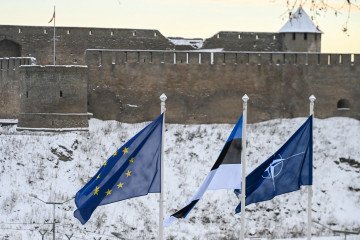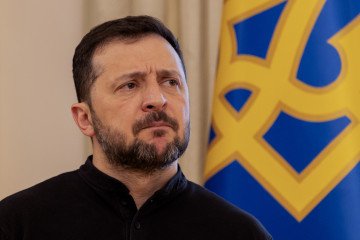- Category
- Latest news
As Ukraine Ceasefire Talks Continue, Some in Europe Eye Russian Gas Resumption, Says The Economist
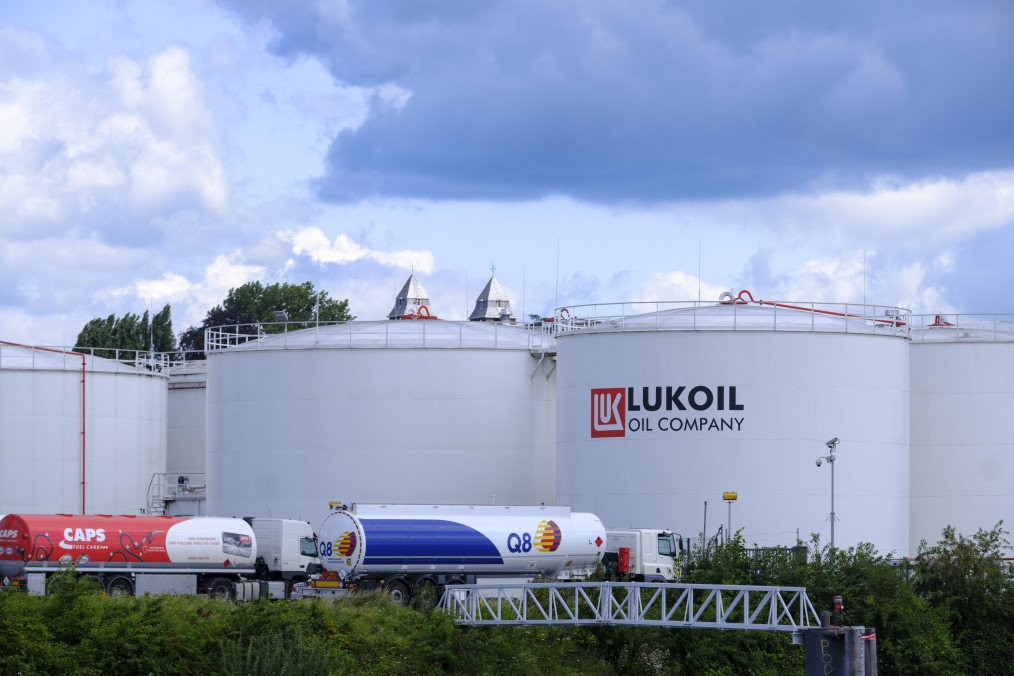
As discussions over a ceasefire continue, some European officials are weighing the possibility of resuming Russian gas imports to stabilize industry and lower energy costs—a move that could once again ease economic pressure on Moscow.
According to The Economist, some policymakers argue that restoring gas flows could encourage Vladimir Putin to negotiate peace. Goldman Sachs estimates that a resolution to the war could boost European GDP by 0.5%, largely due to cheaper gas. However, any renewed reliance on Russian energy risks providing the Kremlin with a crucial financial lifeline.
The EU has committed to phasing out Russian energy imports by 2027, having already reduced its dependence from 45% in 2021 to 10% today. But a harsh winter has depleted reserves to 48%, down from 66% last year, prompting debate over meeting storage targets. While LNG supplies from the U.S. and Qatar are expected, they will not arrive until next year, adding pressure to consider alternative options—including Russian imports.
In a recent interview with The Economist, Friedrich Merz, who is expected to become Germany’s next chancellor, stated that there would be no return to Russian gas “for the time being,” yet notably did not exclude the possibility.
Meanwhile, growing demand from Asian markets is further straining global supply chains.
Reinstating gas transit through Ukraine could cut prices significantly, but Kyiv refuses to renew its agreement with Russia.
Alternative routes via Slovakia and potential repairs to Nord Stream pipelines are being considered, though opposition remains strong. Slovakia’s national gas firm is exploring ways to bypass direct negotiations with Russia by setting up a subsidiary in Ukraine to facilitate gas transport.
A full return of Russian gas could also impact U.S. LNG investments, as increased Russian supplies would drive down prices globally. Former President Donald Trump, signaling interest in peace talks, might see limited Russian gas imports as a trade-off in a broader settlement.
The final decision will depend on negotiations among key stakeholders, including Russia, Germany, and Ukraine, as well as broader geopolitical and economic considerations.
Earlier, Russian lobbying efforts surfaced in the U.S. Two American firms, AF International and Qorvis Holding, signed contracts to advocate for the Russian Union of Oil and Gas Producers (SNGPR), aiming to lift U.S. sanctions on Novatek’s Arctic LNG 2 project.
The agreements, disclosed by Novaya Gazeta Europe, highlight how Russian energy companies seek indirect channels to challenge restrictions. Novatek, under sanctions since 2014, has continued lobbying efforts, despite U.S. prohibitions on circumventing these measures.

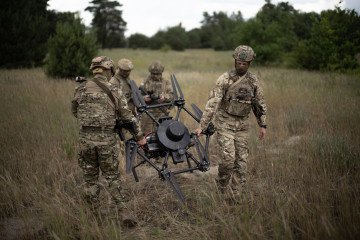
-c439b7bd9030ecf9d5a4287dc361ba31.jpg)
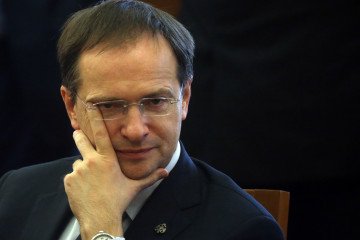
-111f0e5095e02c02446ffed57bfb0ab1.jpeg)
